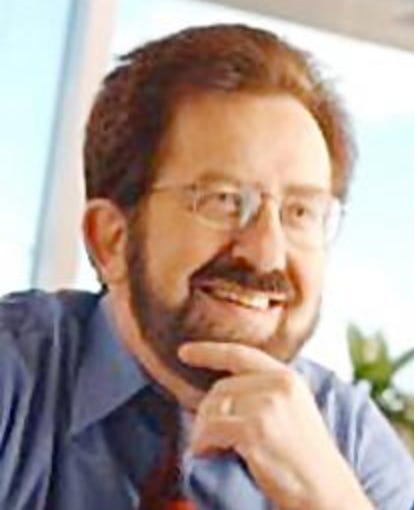Pharma exec say most drugs don't work on most people; The vast majority of drugs - more than 90 per cent - only work in 30 or 50 per cent of the people. Dr. Allen Roses, worldwide vice president of
genetics at GlaxoSmithKline (2003); stated that most prescription drugs don't work on most people. SHARYL ATTKISSON
https://sharylattkisson.com/2023/12/pharma-exec-say-most-drugs-dont-work-on-most-people/?utm_source=ActiveCampaign&utm_medium=email&utm_content=Sharyl+Attkisson+Daily+Newsletter&utm_campaign=Daily+Newsletter
The vast majority of drugs - more than 90 per cent - only work in 30 or 50 per cent of the people.
Dr. Allen Roses, worldwide vice president of genetics at GlaxoSmithKline (2003)
It seemed like a seminal moment.
A top executive with Great Britain's biggest drug company at the time, GlaxoSmithKline, stated that most prescription drugs don't work on most people.
The admission was made by Dr. Allen Roses, worldwide vice-president of genetics at GlaxoSmithKline, at a scientific conference in 2003 and not intended for a consumer audience. But the frank statement made its way into popular news and grabbed headlines.
According to one news article, "It is an open secret within the drugs industry that most of its products are ineffective in most patients but this is the first time that such a senior drugs boss has gone public."
Considering the trillions upon trillions that governments and individuals spend on prescription medicine, it's a remarkable fact. It means most of the money we spend on drugs is utterly wasted while patients are needlessly exposed to side effects. In other words, most aren't helped by the medicine they take, but stand to be hurt by it.
At the scientific conference in 2003, Roses cited data on the effectiveness of classes of drugs in real patients. The data showed "drugs for migraines, for osteoporosis, and arthritis work in about half the patients." The numbers were even worse for cancer drugs. They worked in only one in four patients.
Most drugs work in fewer than half of patients "mainly because the recipients carry genes that interfere in some way with the medicine," said Roses, an academic geneticist at Duke University.
According to an article at the time in The Independent:
"Roses is a smart guy and what he is saying will surprise the public but not his colleagues," said one industry scientist. "He is a pioneer of a new culture within the drugs business based on using genes to test for who can benefit from a particular drug."
Dr Roses has a formidable reputation in the field of "pharmacogenomics" - the application of human genetics to drug development - and his comments can be seen as an attempt to make the industry realise that its future rests on being able to target drugs to a smaller number of patients with specific genes.
The idea is to identify "responders" - people who benefit from the drug - with a simple and cheap genetic test that can be used to eliminate those non-responders who might benefit from another drug.
It's hard to imagine a more impactful line of research. Yet if any of that has made it into applied medicine in the 20 years since, it's been kept a secret from us. As far as I know, doctors don't consider our genetics when prescribing medicine, and don't disclose to us that there is every likelihood the medicine they're prescribing won't work, and aren't even bothering to gather data from patients to query as to which drugs seem to work best for an individual.
Roses died in 2016. According to a remark in an obituary, “He expected medical students to understand that it was also their responsibility to challenge what they learned and to look for new ideas and new ways to investigate human disease.”
Not enough medical students are learning that today.’





This admission will affect the USA - the most medicated, prescription drug addicted nation on earth.
It's hardly surprising this admission. So I'm not sitting with my mouth open, gawking in horror.
Everything in life is hit and miss. But certain prescription drugs have been around long enough to have a proven track record. So one doesn't need to be a heathen 24/7.
However, the only part of the medical industry I believe in, is surgery - and by this I mean necessary surgery, life and death surgery, not having your tits made bigger.
Everything is about money, and it's been this way for quite some time now.
The professions are about money-making not helping people. If you think otherwise, you're not very bright.
How validating. I have said for years that I never felt benefits from any prescription medicines; only the side effects. And that is why I stopped taking all prescription medicines, years ago.
But this is the first I've ever read someone in the industry stating this as a fact.
Most people have looked at me weird when I say I take zero prescriptions. I think they are the weird ones for assuming it's normal "once you hit a certain age" to be on a number of daily pills.